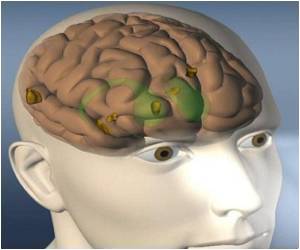
Gurinder Singh Bains said that their findings offer potential clinical and rehabilitative benefits that can be applied to wellness programs for the elderlyand the cognitive components, such as learning ability and delayed recall, become more challenging as people age and are essential to older adults for an improved quality of life.
The researchers said that the less stress one has the better their memory, as humor reduces detrimental stress hormones like cortisol that decrease memory hippocampal neurons, lowers the blood pressure, and increases blood flow and mood state.
The study revealed that the act of laughter-or simply enjoying some humor-increases the release of endorphins and dopamine in the brain, which provides a sense of pleasure and reward and the positive and beneficial neurochemical changes, in turn, make the immune system function better.
Source-ANI















